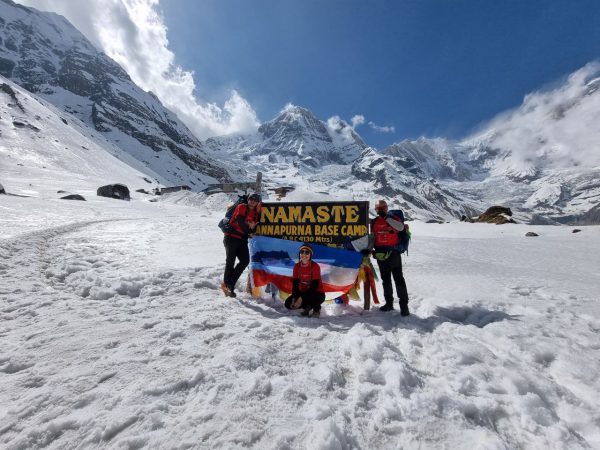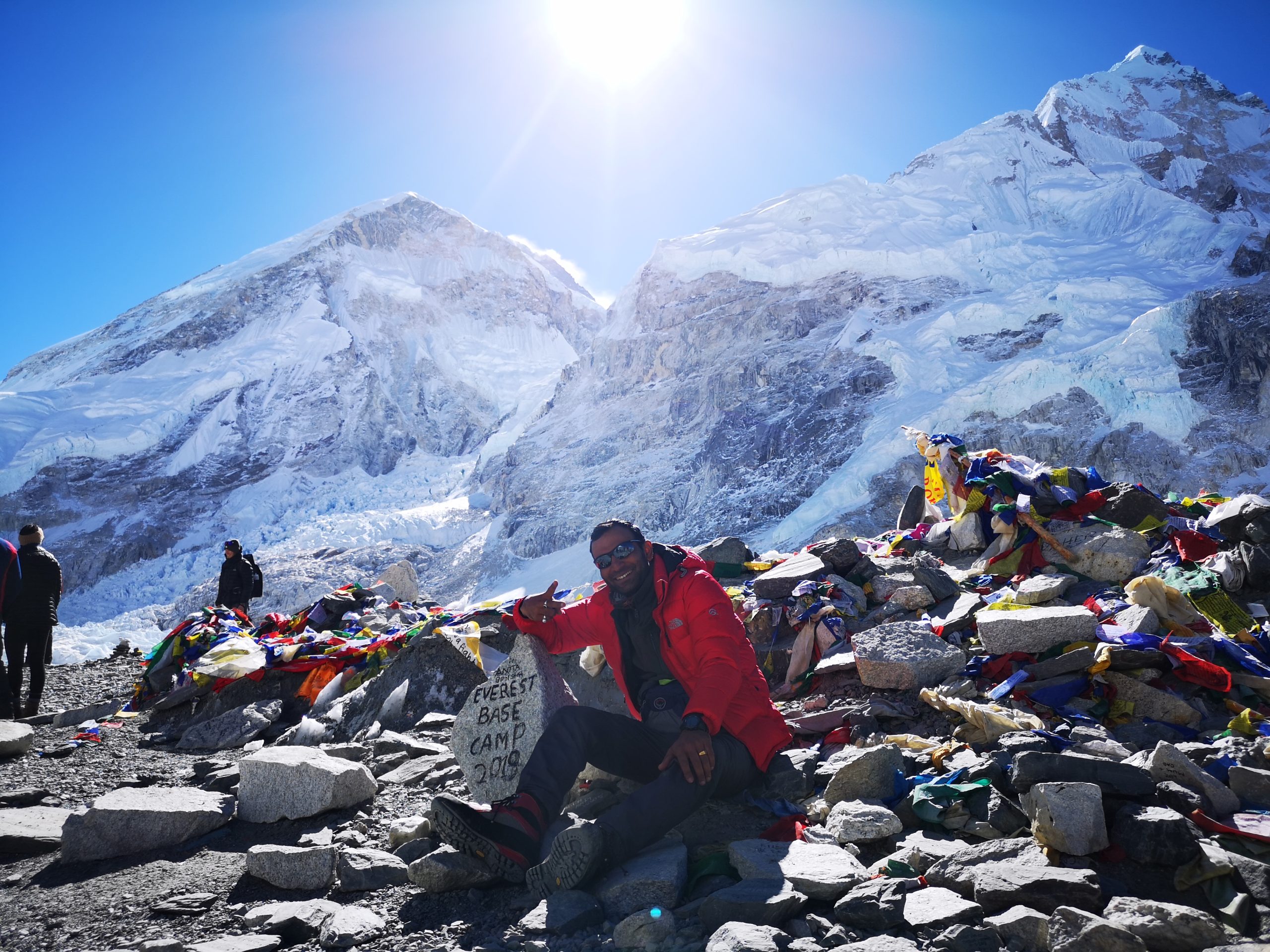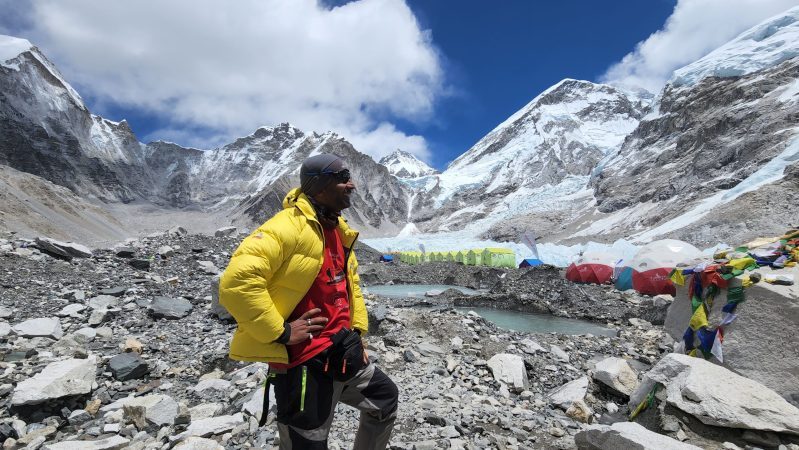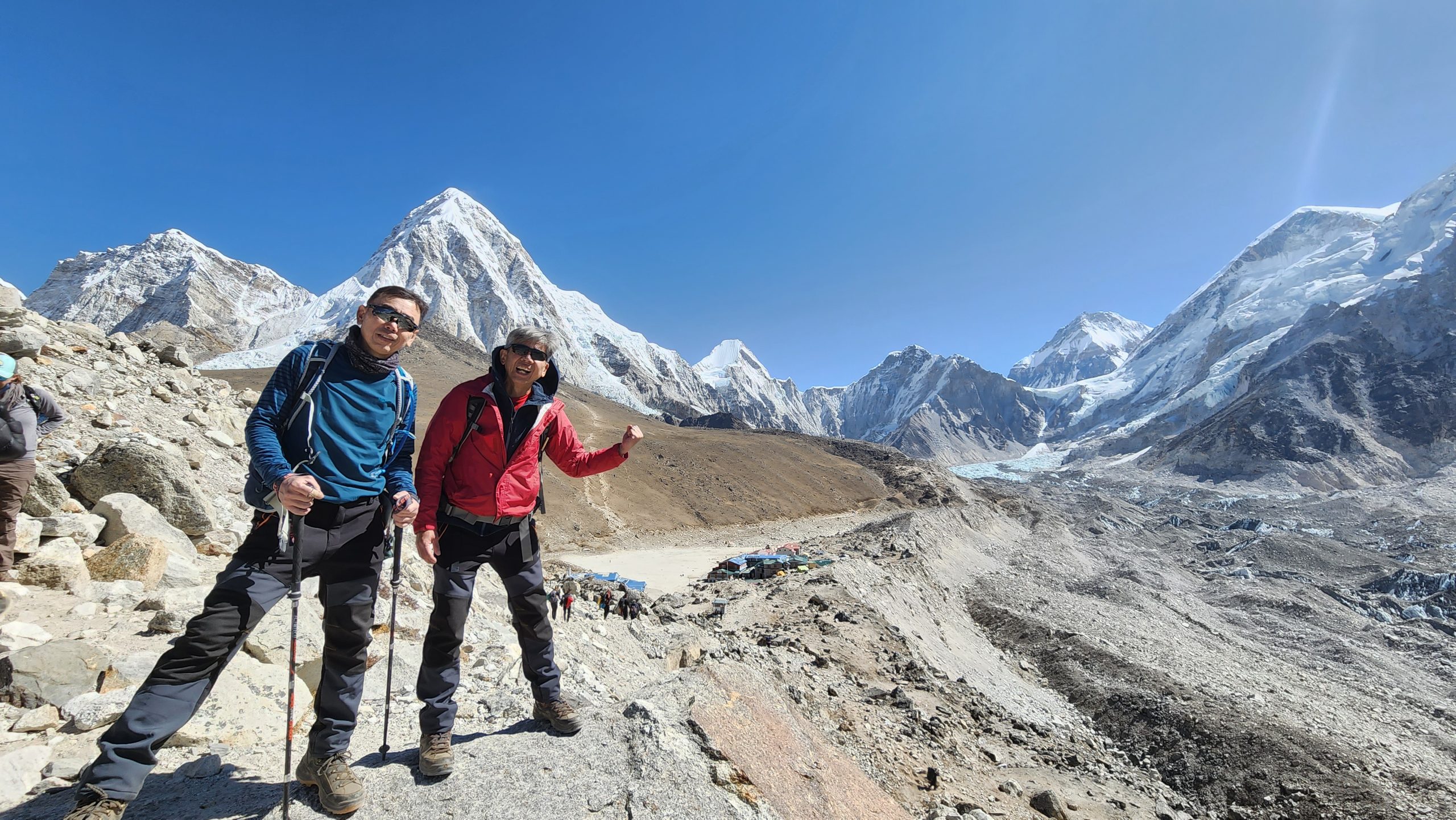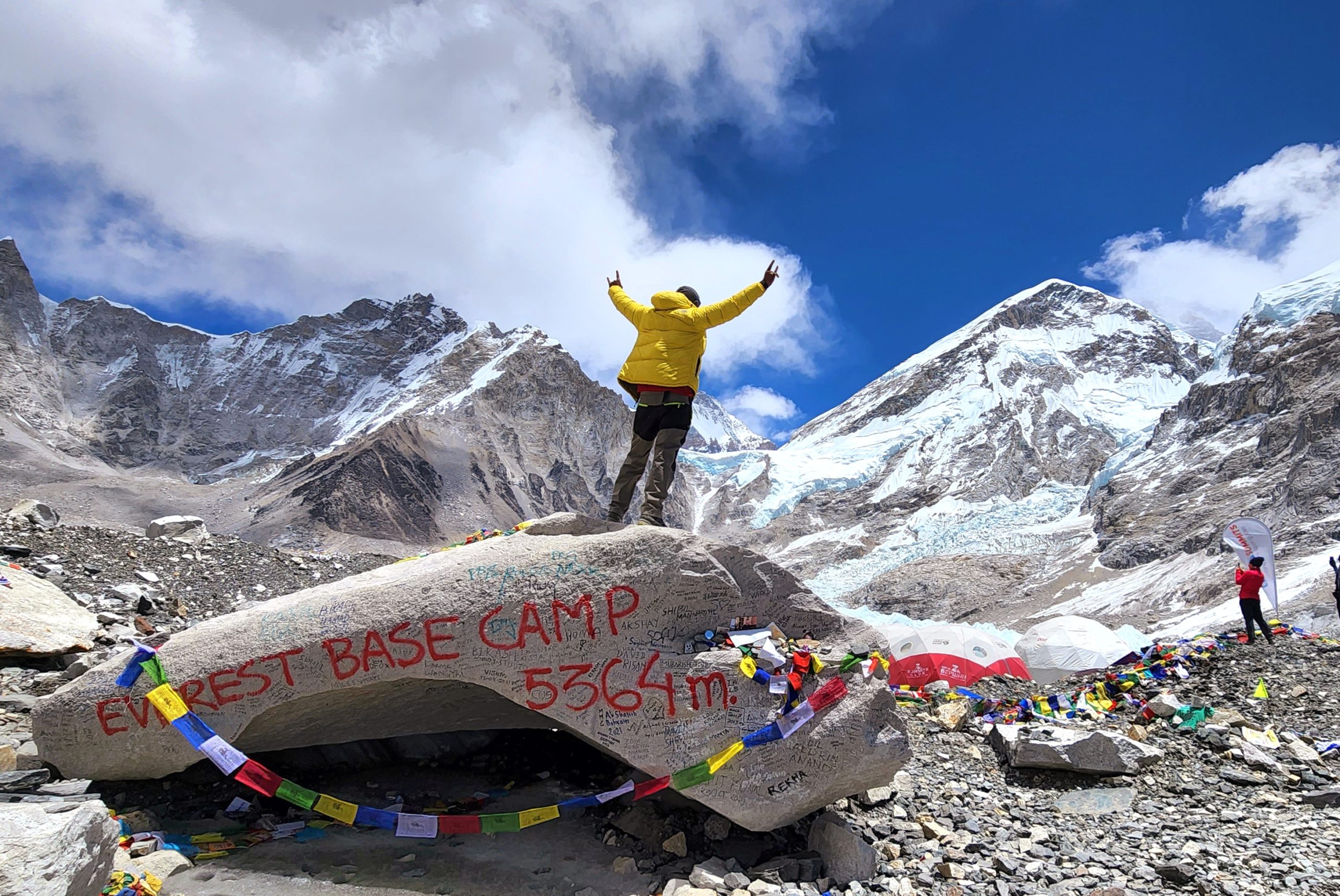
WINTER TREKS IN NEPAL
June 5, 2023
kAILASH YATRA
March 6, 2024
WINTER TREKS IN NEPAL
June 5, 2023
kAILASH YATRA
March 6, 2024EVENTS
EVEREST BASE CAMP TREK – ALL YOU NEED TO KNOW
EVEREST BASE CAMP TREK
Everest Base Camp trek - Difficulties, Food & Accommodation and Altitude Sickness
Trekking plan and difficulty level of the Everest Base Camp trek:
This 12-day trek is considered moderately challenging, requiring a good fitness level. It involves walking on rocky terrain, crossing suspension bridges, and ascending to high altitudes. It's essential to prepare yourself physically and mentally for this incredible journey.
Highly recommended to have 2 acclimatizations on the way to Everest base camp, The standard plan will be 8 day hike up to the base camp including acclimatization day, and 3 days down to Lukla, but making 4 days down to Lukla makes it easier. It all depends on your fitness and your time for the trek.
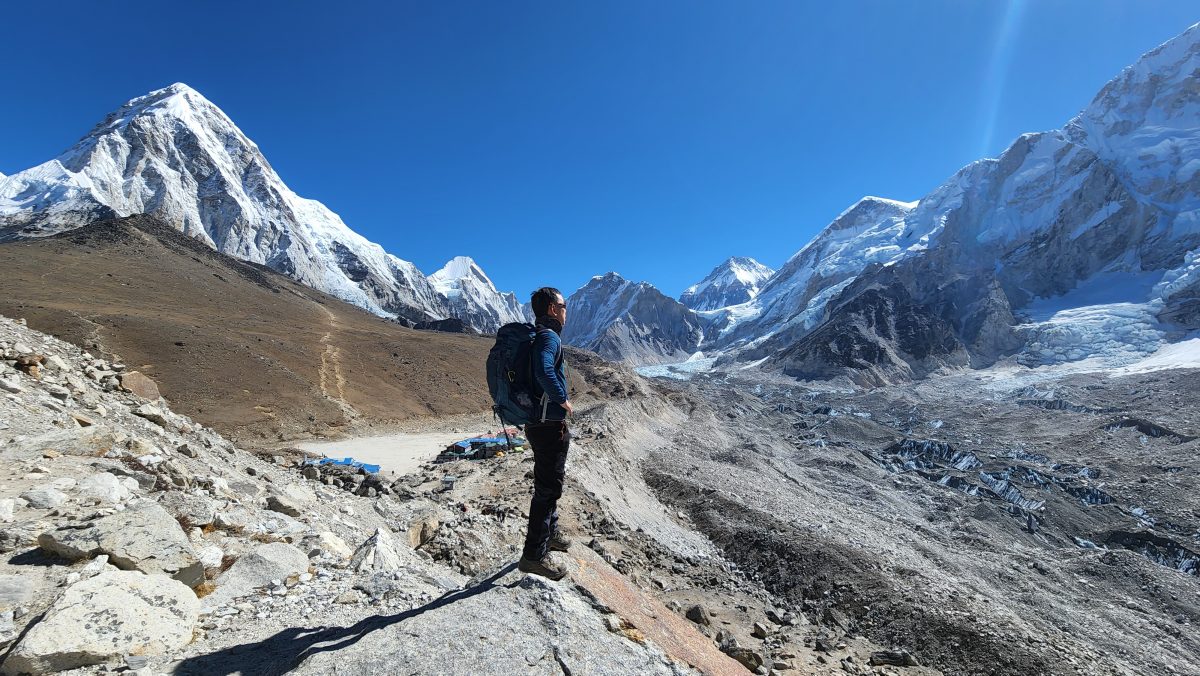
Food and accommodation on the Everest Base Camp trek :
Offers various options along the route. While teahouses are available in most villages, it's important to note that the facilities become more basic as you ascend higher. Teahouses provide simple rooms with cozy beds and shared bathrooms. The teahouses also have dining areas where you can enjoy warm meals, replenishing your energy after a long day of trekking.
As for food, you can find a variety of meals on the trek, ranging from local dishes to international cuisine. Traditional Nepalese Dal Bhat, a combination of lentil soup, rice, and seasonal vegetables, is a popular choice among trekkers due to its high nutritional value. Additionally, you can enjoy noodles, pasta, soups, and even sweet treats like apple pie along the way. However, it's always advisable to maintain a balanced and hygienic diet during the trek to stay healthy.
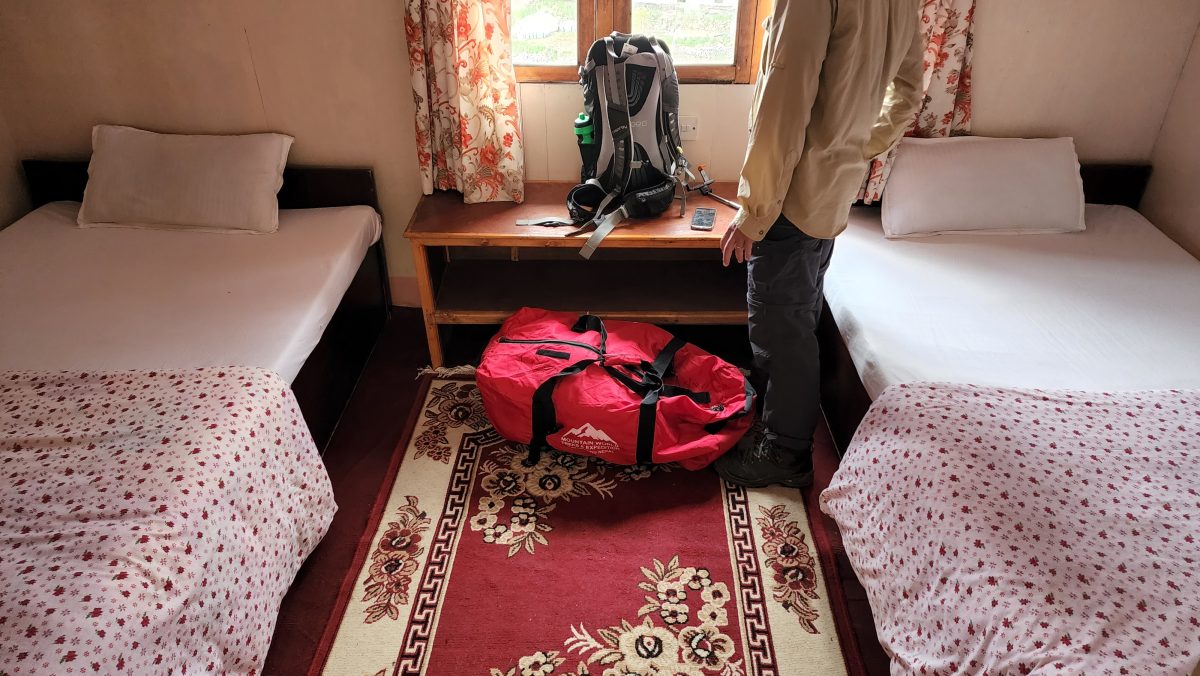
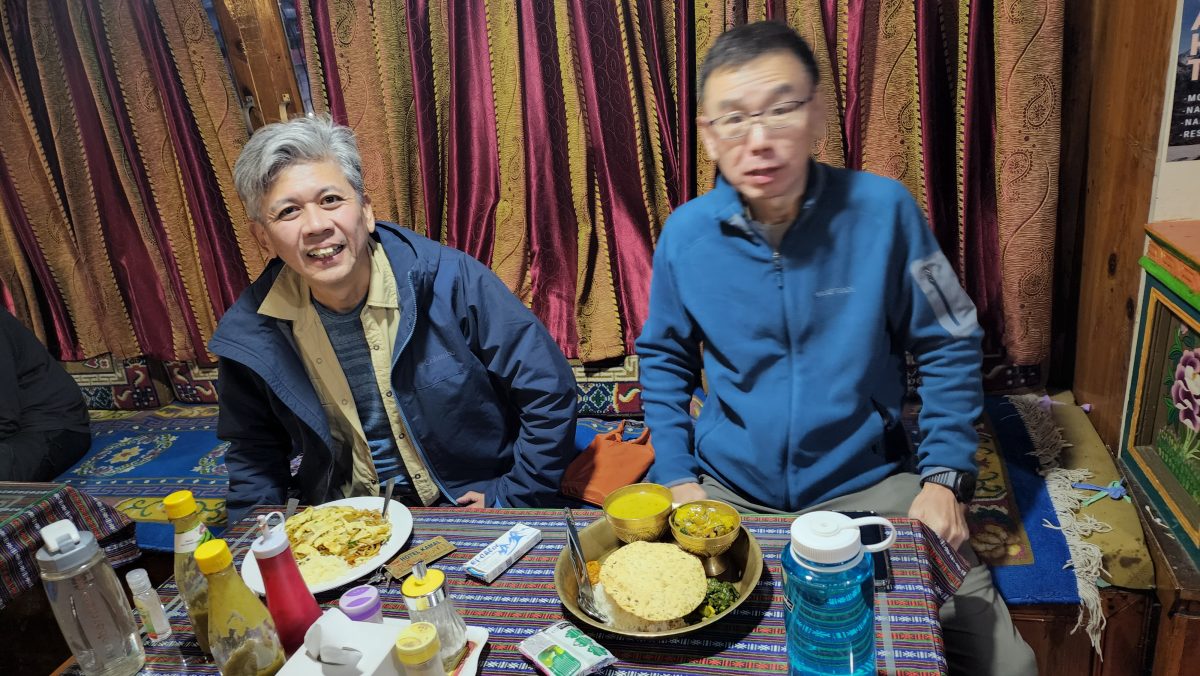
Altitude sickness:
AMS is a common concern for trekkers in the Everest region. Altitude sickness occurs when your body isn't able to adjust to the decreased oxygen levels at higher altitudes. It's important to acclimatize properly by gradually ascending and taking regular rest days along the way. Drinking plenty of water, eating nourishing meals, and avoiding alcohol and caffeine can also help minimize the risk of altitude sickness.
In case you do experience symptoms such as headaches, dizziness, nausea, or shortness of breath, it's crucial to take them seriously and descend to lower altitudes. Carrying essential medications, such as Diamox, with you is a good precaution. Prior to the trek, consulting with a doctor and undergoing a physical examination is highly recommended, especially for individuals with any pre-existing medical conditions.
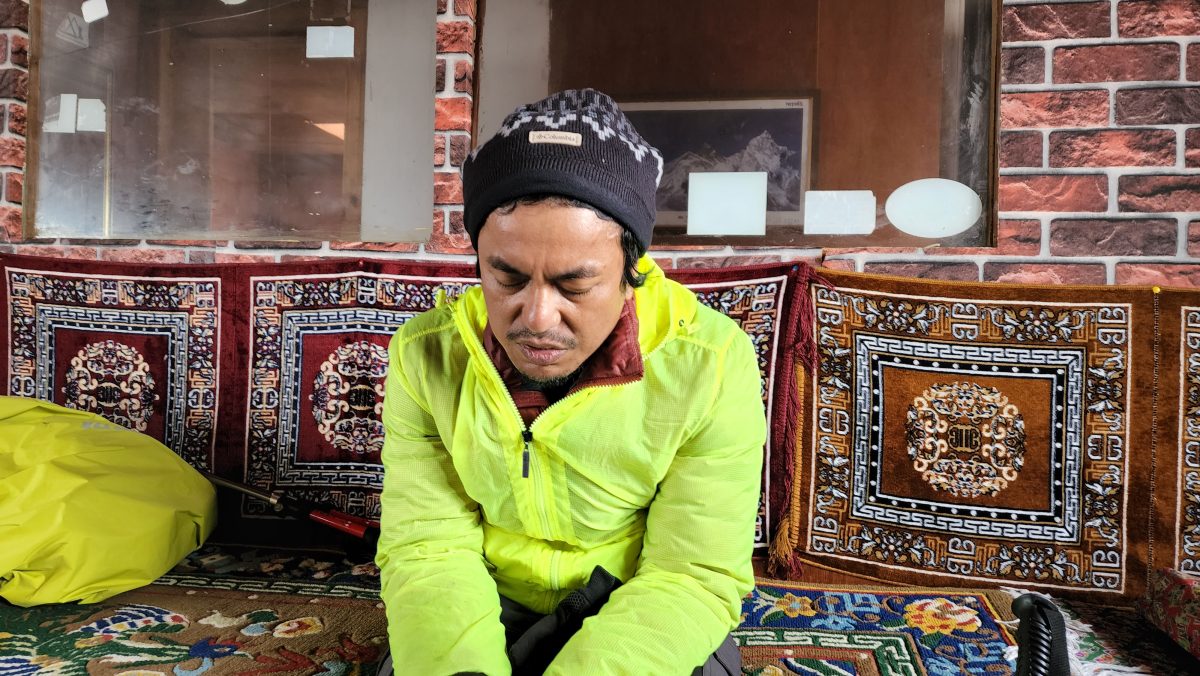
Remember, the Everest Base Camp trek is an adventure of a lifetime, but it requires thorough preparation and attention.
We are always hoping to get comments and feedback from you. If you have any more questions, feel free to ask them in the comments section below. Or contact us via email: salitrekking@gmail.com
